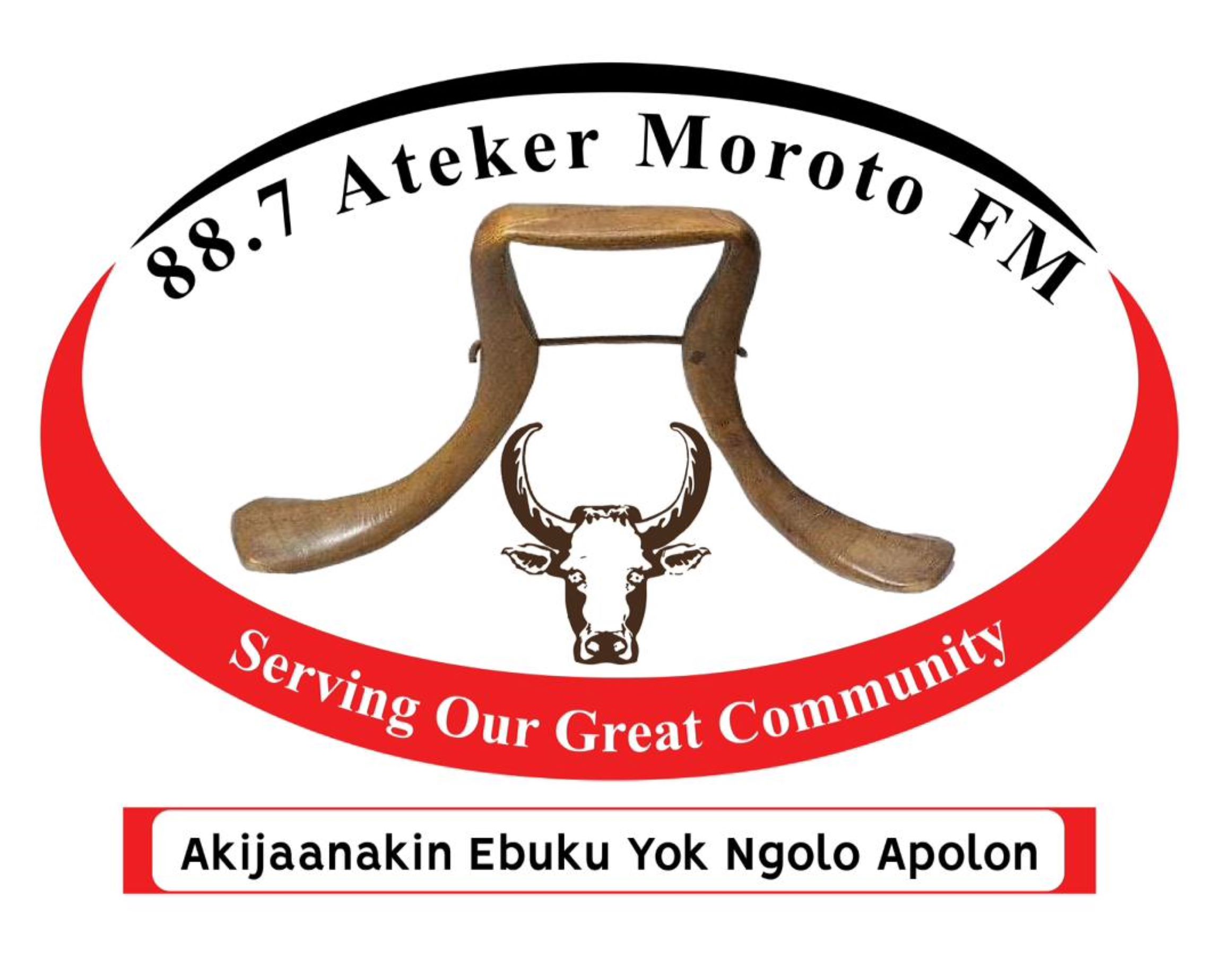Welt hunger hilfe, in collaboration with the Ministry of Water and
Environment, has commissioned the Lokere Water Catchment Project for Social
Change, in response to the devastation caused by drought and adverse climate
change in the Karamoja Sub region.
This project, funded by the German Federal Ministry
for Cooperation and Development, aims to address the challenges of crop
failures and drought through various interventions.
A motorized water pump has been commissioned in
Moroto as part of the Lokere Water Catchment Project aimed at improving access
to clean and safe water.
According to Betty Nakiru-the project manager at Welt
Hunger Hilfe, the project implements a range of strategies including piped
water schemes, soil erosion protection measures, valley tank constructions, and
tree-growing initiatives.
During a visit to Karamoja, a representative from the
German Government, Hanno Spitzer, emphasized the importance of tree planting in
combating the devastating effects of drought.
As part of the project, tree
planting activities are currently ongoing in Lotome and Tapac Sub counties,
with the aim of replenishing the region's depleted tree cover.
In addition to tree planting,
schools in Lotome, Napak district are now engaged in growing vegetables to
enrich school meals and promote food security among learners.
Local leaders
have expressed their support and satisfaction with the Lokere Water Catchment
Project, emphasizing its potential to bring about positive social change in the
sub region.
Meri Jino,
Kaabong district chairman, who also doubles as the chairperson of Lokere water
catchment project applauded Welt Hunger Hilfe for the commendable job towards
conservation of environment.
On his side,
Moroto RDC, George William Wopuwa called upon communities to own the project
for better sustainability.
In Karamoja,
prolonged drought is worsened by the widespread cutting of trees for charcoal
production.
